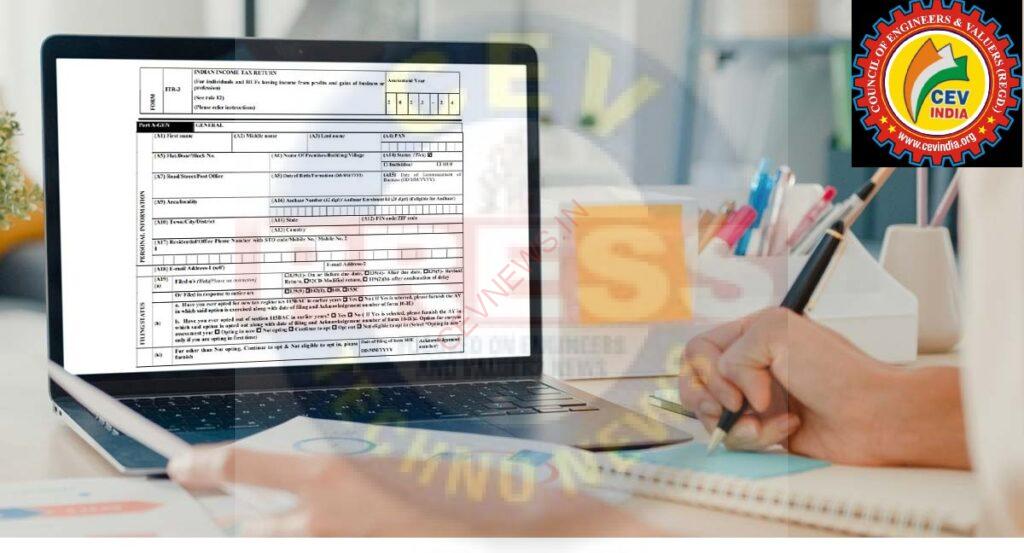TAX IMPLICATIONS AND YEARS PURCHASE IN PLANT AND MACHINERY INVESTMENTS
Tax Implications and Years Purchase in Plant and Machinery Investments in India
Investing in plant and machinery is a significant decision for businesses in India, not only impacting operations but also carrying crucial tax implications. Understanding these implications and the concept of years purchase is essential for prudent financial planning and compliance. Here’s a comprehensive overview:
Tax Depreciation and Plant & Machinery:
- Plant and machinery investments are subject to depreciation allowances under the Income Tax Act, 1961.
- Depreciation is the reduction in the value of an asset over time due to wear and tear, obsolescence, or other factors.
- The depreciation allows businesses to account for the gradual loss in value of their assets over their useful life, thereby reducing taxable income.
Calculation of Depreciation:
- Depreciation can be calculated using different methods such as straight-line method, reducing balance method, or units of production method.
- The choice of method can significantly affect the timing and amount of depreciation expenses, thus impacting taxable income.

Years Purchase Concept:
- Years purchase is a concept used to determine the number of years over which an asset will be used for calculating depreciation.
- It helps in spreading the cost of an asset over its useful life, reflecting its gradual decline in value.
Tax Implications:
- The Income Tax Act provides specific rates of depreciation for different types of assets, including plant and machinery.
- The applicable rate of depreciation depends on factors such as the nature of the asset and its usage.
- Businesses need to carefully evaluate the tax implications of their plant and machinery investments to optimize their tax liabilities.
Capital Allowances:
- In addition to depreciation, businesses may be eligible for capital allowances on plant and machinery investments.
- Capital allowances are deductions allowed for tax purposes based on the cost of acquiring certain assets.
- These allowances further reduce taxable profits, providing tax relief to businesses.
Impact on Cash Flow and Profitability:
- Depreciation and capital allowances affect cash flow and profitability by reducing taxable income and, consequently, tax liabilities.
- Proper planning regarding the timing and method of depreciation can help businesses manage their cash flow effectively.
Compliance and Reporting:
- Businesses must comply with the relevant tax regulations and reporting requirements regarding depreciation and capital allowances.
- Accurate record-keeping and documentation are essential to substantiate claims for depreciation and capital allowances.
Key Points:
- Plant and machinery investments carry significant tax implications for businesses in India.
- Understanding depreciation, years purchase, and capital allowances is crucial for optimizing tax liabilities and managing cash flow effectively.
- Businesses should seek professional advice to ensure compliance with tax regulations and make informed decisions regarding their plant and machinery investments.


